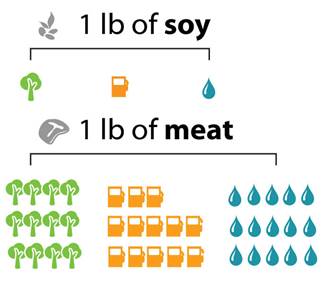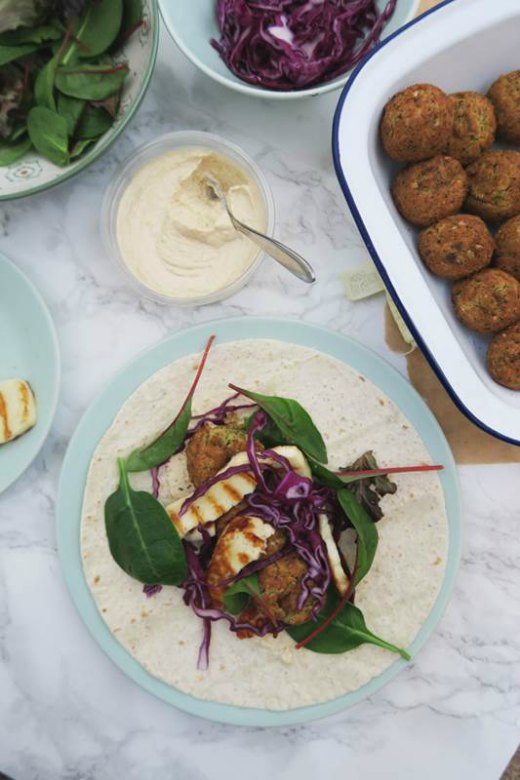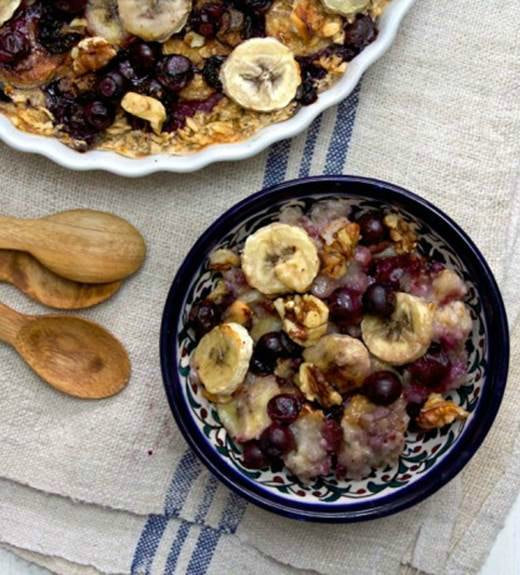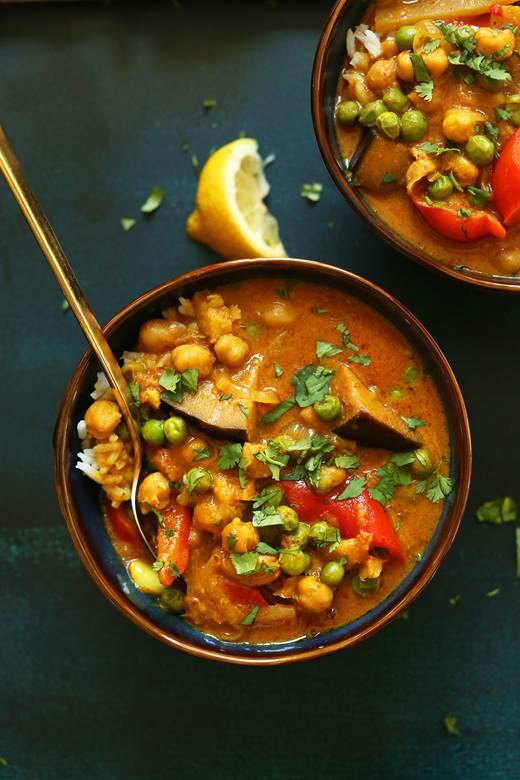
October 1st marks World Vegetarian Day, a day to bring awareness about the ethical, environmental and health benefits of a vegetarian lifestyle. Vegetarianism has the obvious ethical benefit avoiding killing animals for food, but there are many other environmental and health benefits that may be less obvious.
Let’s start with your health: a plant-based diet has been found to reduce the likelihood of chronic illness (Harvard Health, 2016). This is largely due to the fact that vegetarians tend to consume less saturated fat and cholesterol, and more dietary fibres, vitamins and minerals, which results in them likely to have lower cholesterol, blood pressure and a lower BMI, and therefore a reduced risk of chronic disease. A long-term study involving over 76,000 participants found vegetarians were on average 25% less likely to die of heart disease compared to meat eaters. Similarly, large studies in England and Germany have found that vegetarians, with a diet low in saturated fat and high in fibre, are 40% less likely to develop cancers (PCRM, 2015).

There are also major environmental benefits for becoming vegetarian or eating more vegetarian meals. Raising animals for food, including land for grazing and growing feed, requires significantly more resources than a vegetarian diet. To produce one pound of meat, it takes about 12 times the amount of land, 13 times the amount of fossil fuels and 15 times as much water as it takes to produce one pound of soy protein (Choose Veg). Animal agriculture is responsible for 18% of greenhouse gas emissions, more than the combined exhausts of all methods of transportation (FAO). By switching to a plant-based diet, you can reduce your carbon footprint by 50% (Cowspiracy). You can also significantly reduce your water footprint by eating more vegetarian meals. It takes approximately 660 litres of water to produce one hamburger, equivalent to showering for 2 months!! So whilst timing yourself in the shower and not using unnecessary water is important, you can have a much bigger impact by swapping that beef patty for a bean one.
So this October 1st, try missing out meat and experimenting with vegetarian dishes you may not have tried before. Here are some Bibico-approved recipes to get you started:
Baked Banana, Blueberry and Raisin Oatmeal
Ella’s oatmeal bake is truly delicious! Made with oats, berries, banana, and nuts, it’s a simple and scrumptious breakfast filled with anti-oxidants, potassium and omega-3 fatty acids, supporting many of your bodily functions. And it’s perfect for those of you that like to sleep in: you could bake the night before and heat up in the morning; after you’ve test-tasted it that it – it’s hard not to try a piece when it’s fresh out of the oven! We’ve also experimented by adding raspberries, chia seeds and dark choc chips, it was gooood!
Halloumi lunch wraps

Halloumi is a veggie favourite. It’s a Cypriot cheese made from a mixture of goat's and sheep's milk. Quick and easy to fry up and flip into a wrap, it’s the perfect lunch food. Experiment with humus, red pepper, aubergine and falafel, it tastes good with most ingredients. We love April Everyday’s recipe with rocket, falafel, humus and homemade tzatziki.
Coconut red curry
Who doesn’t love a good curry?! A flavoursome pot of nutritious deliciousness. That’s exactly what Minimalist Baker’s coconut red curry is. Your taste buds will be tingling after this one-pot dish, full of plant-based protein and fibre. Minimalist Baker uses red pepper, aubergine, chickpeas and green peas in her recipe, but you can experiment with whatever veg you like best; we like adding some sweet potato or mushrooms to ours. And for those of you that can’t handle spice, simply skip the use of chilli and increase your ratio of coconut milk to curry paste. And if there’s any left (unlikely in our household) pop it in the fridge and take it for lunch the next day, leftovers can be kept for up to 4 days!
What are your favourite vegetarian recipes? Let us know!




Leave a comment